
【Leadership】Alejandro Valiente C. : CaféNor
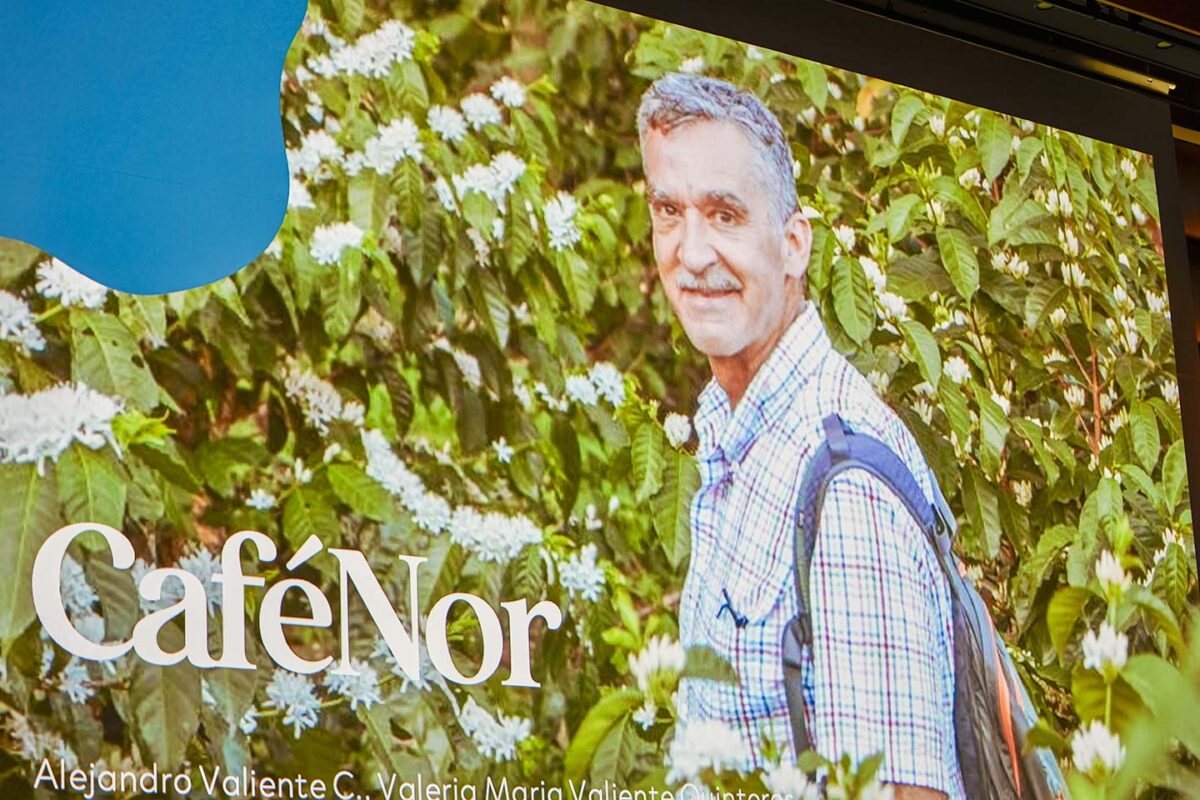
Good morning. My name is Alejandro Valiente. I’m a fourth-generation coffee-producer in northern Santa Ana in El Salvador.
I worked at several companies from 2005 to 2017. And I got to know coffee producers in Guatemala, Honduras, and Nicaragua. This gave me a broader perspective on coffee production in the region and market trends. Our project started in 2018, when our concept and financial prospect became clearer.
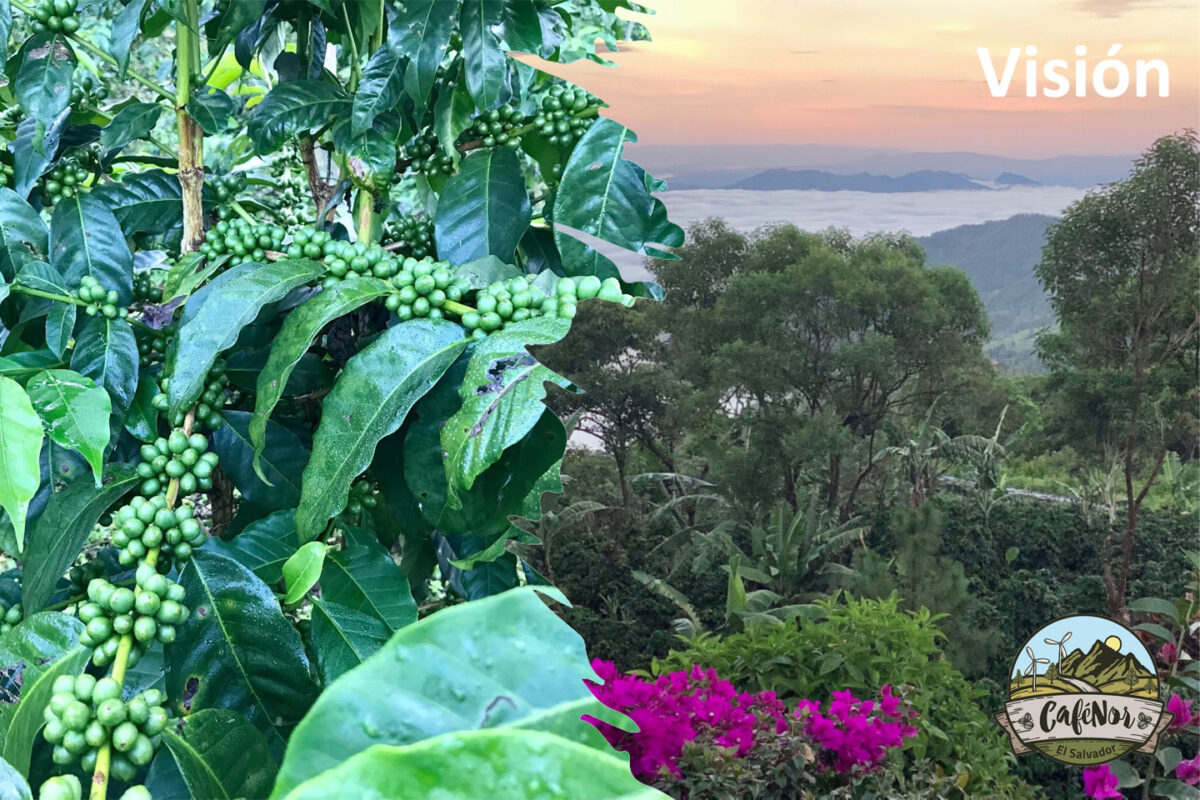
Our vision is to create a sustainable business through an innovation process, build long-term relations between producers and roasters, and achieve traceability and transparency.
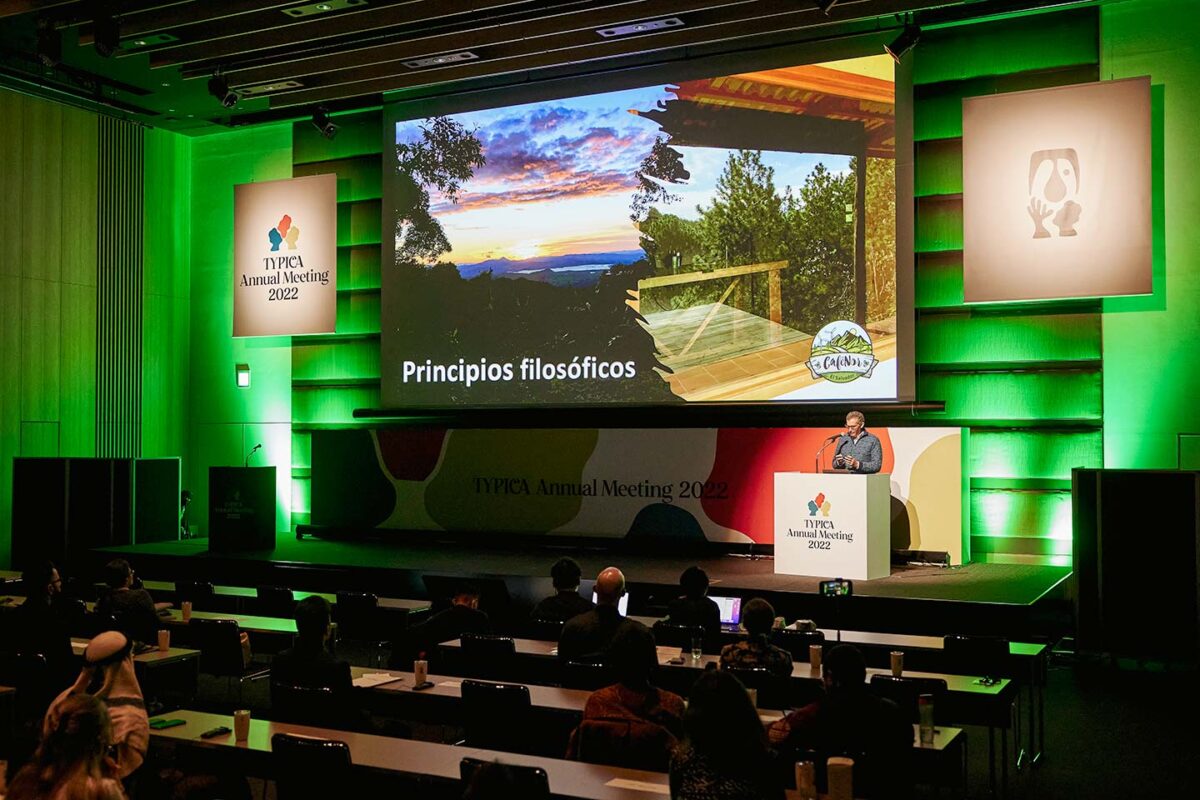
This is based on four philosophical principes. First, to have the ability to harmonize differences. Second, to respect different opinions. Third, to be humble and listen to the advice and knowledge of earlier generations. And fourth, to avoid actions that have negative impacts on other ecosystems.
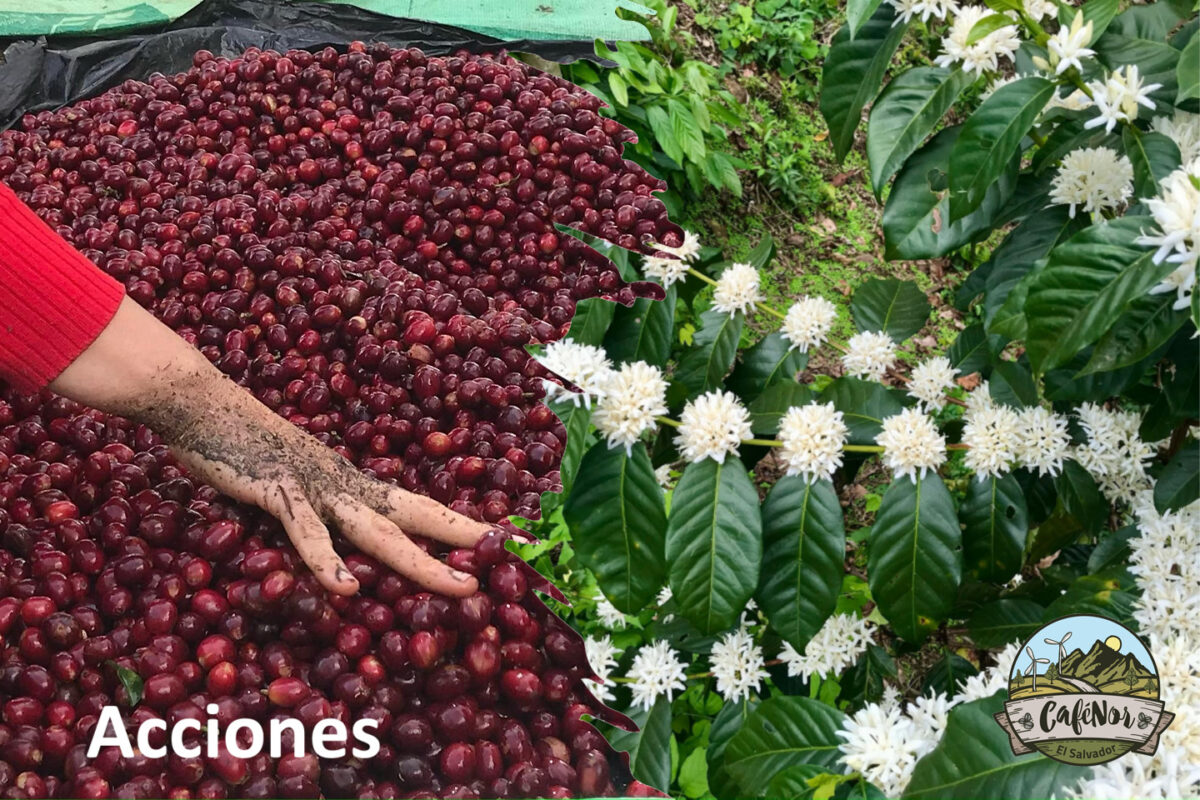
Regarding the actions we take toward our objectives, we built a small mill in the mountains, close to the coffee farms. Specifically, in the Alotepec-Metapan range. This helps us cut our carbon footprint during coffee transportation.
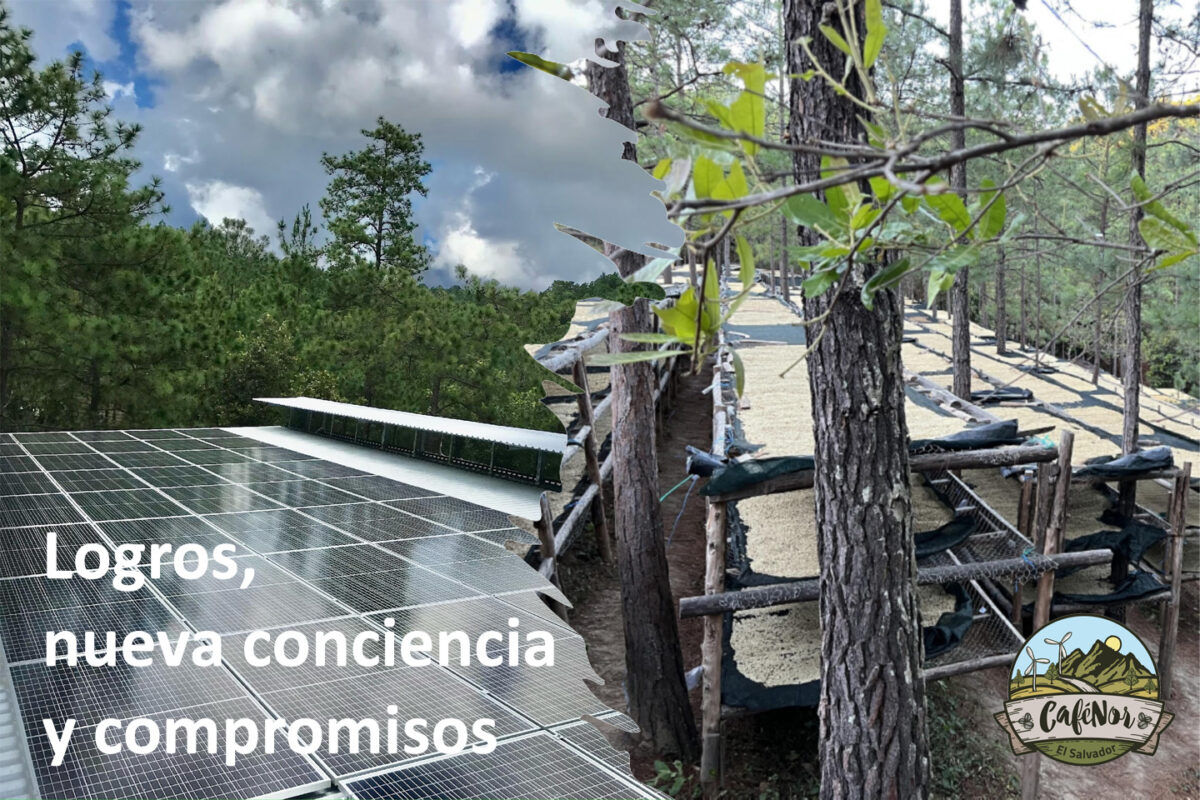
We installed solar panels for 100% self-sufficiency and coffee drying beds in the shade. We are surrounded by a pine forest, so we studied its carbon dioxide fixing capacity, and converted our project into a carbon insetting operation.
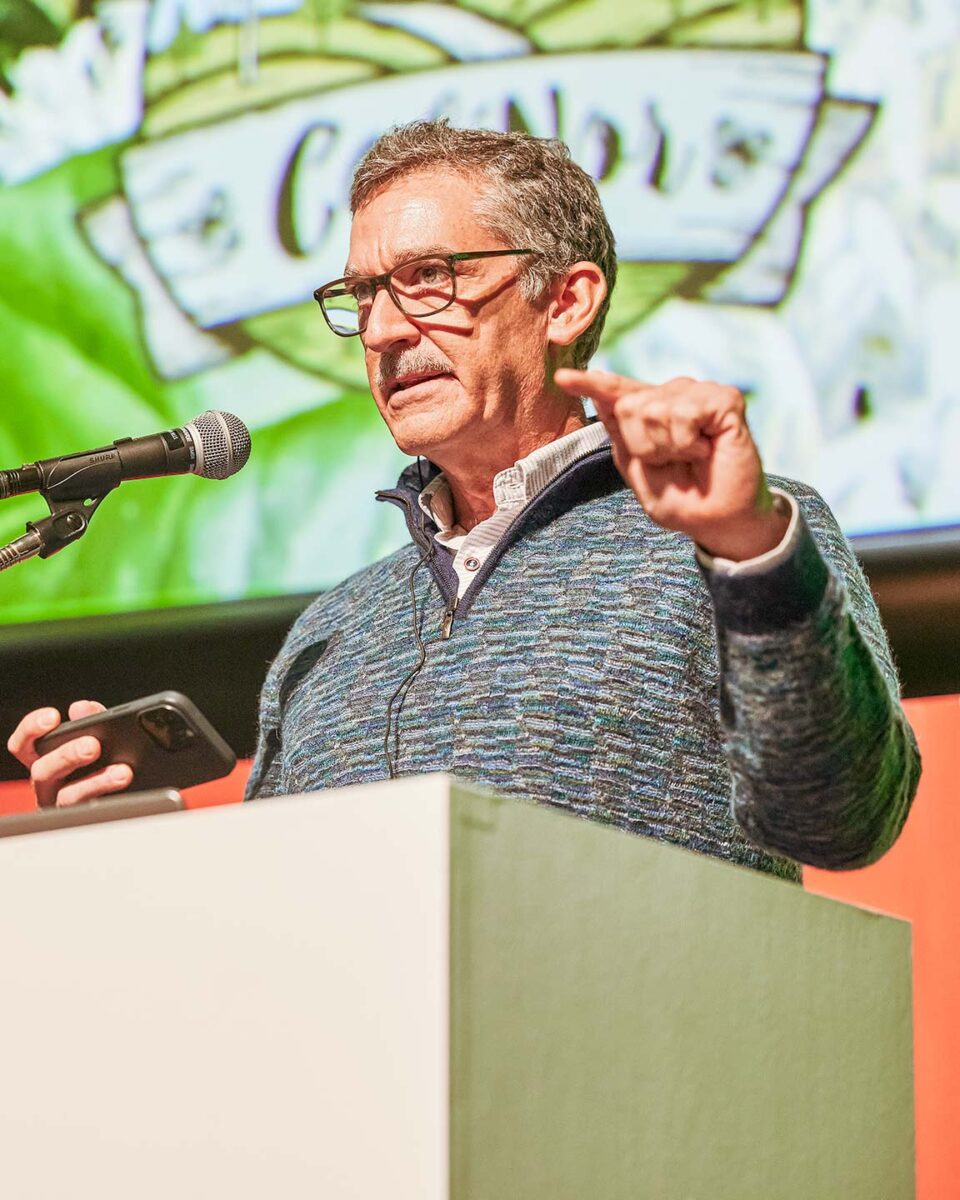
Traceability is extremely important for us. We mechanized it by using a platform designed by M-Cultivo in the United States. During our first harvest in 2019, we worked with 54 producers and exported 849 bags of 69 kilograms of beans. For the 2020-2021 harvest, we worked with 76 producers and exported 1,155 bags. For the 2021-2022 harvest, we worked with 93 producers and exported 1,645 bags.
Our closeness with producers and permanent, honest communication allows us to share management techniques, fertilization, disease control, and varieties and to renew our farms.
Additionally, we agreed with all these producers not to use herbicides or pesticides for weed and disease control. We also agreed to use a new technology for treating waste from coffee processing. This brings us new challenges. This is why we are developing a sustainability project.
This project aims to convert our waste into raw materials to make bio-gas and bio-fertilizers. We also plan to build a lab for biological production to prevent pests.
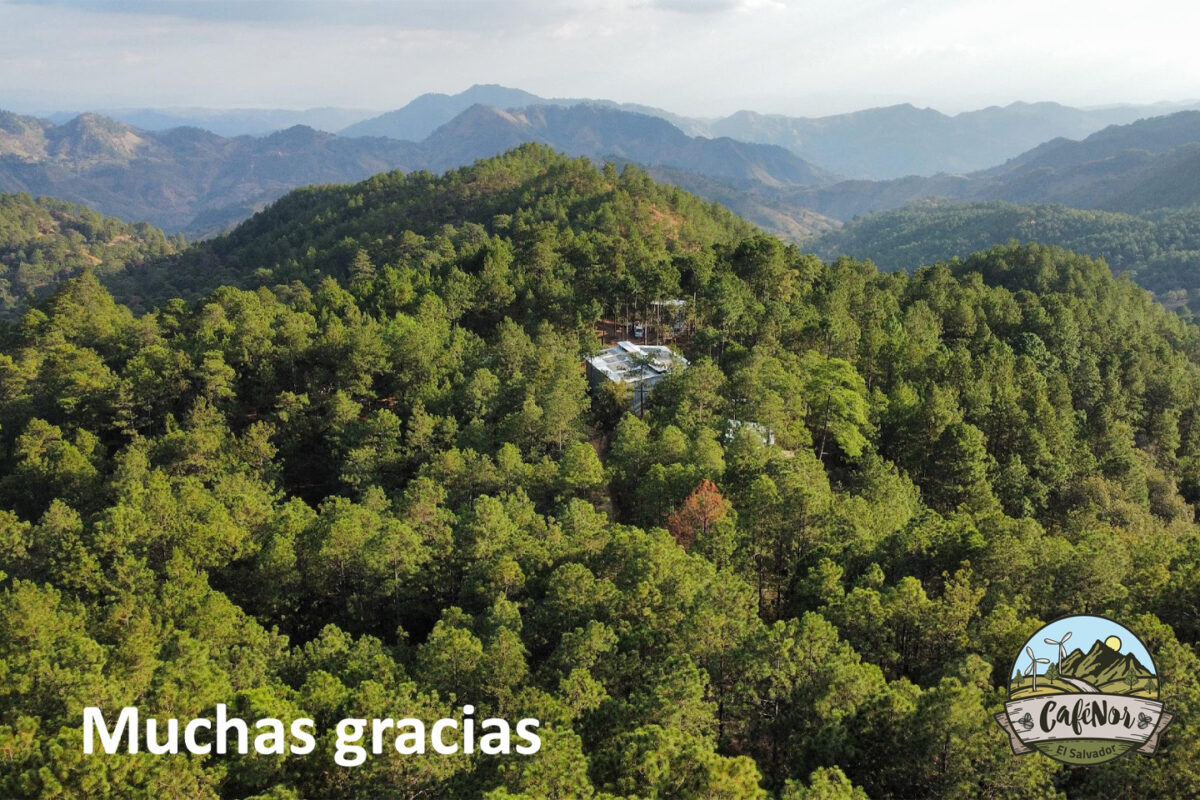
We promised our friends at TYPICA to raise quality, transparency, and environmental sustainability to the highest standard and increase the next harvest by 30 to 40%.
Finally, we are committed to a change of generation. So I brought my daughter, our fifth generation, on this trip.
Thank you.

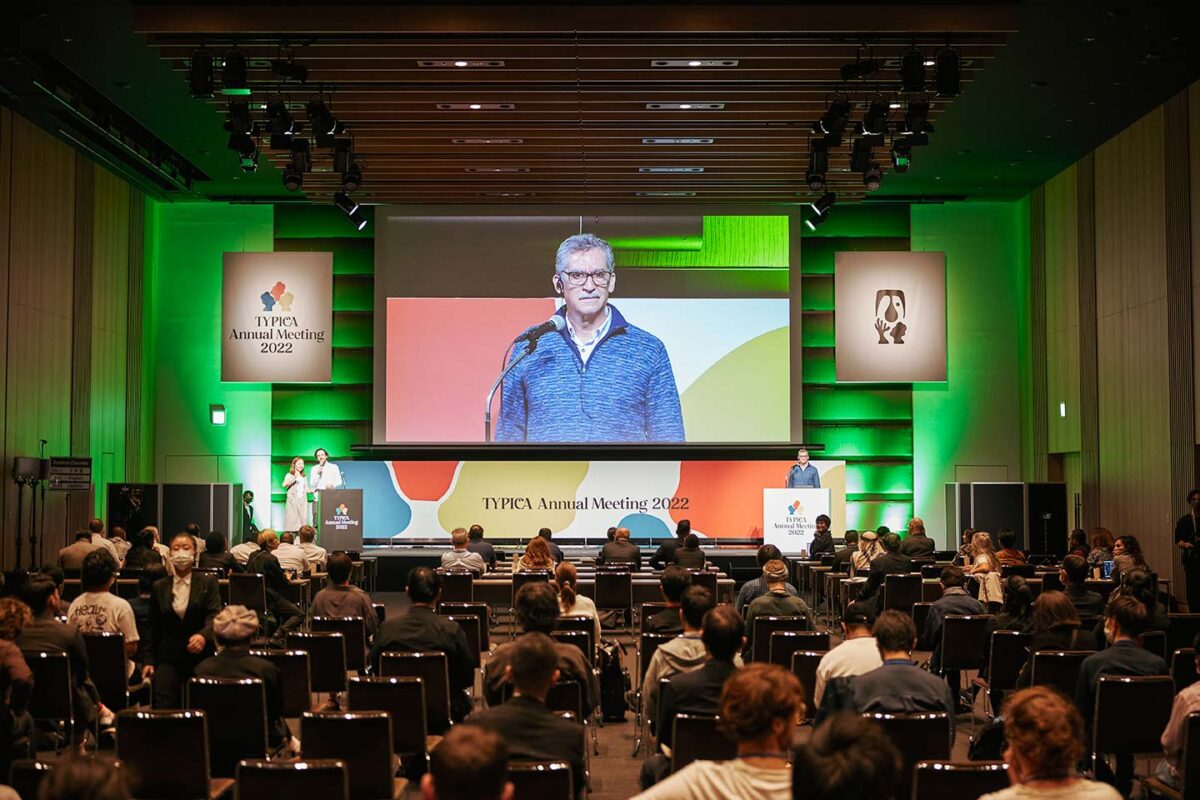
【Q&A】
Q: Thank you for your presentation. I’d like to ask you about a micro mill. You talked about solar panels and drying spaces. Could you tell us a little more about the micro mill?
A: A micro mill is a facility with machinery to process cherries and parchment and export them. What I mentioned during my talk is a place where we package coffee before shipping it to roasters. The solar panels are for our energy supply. It’s a self-supply solar system to cut our carbon footprint during coffee processing.
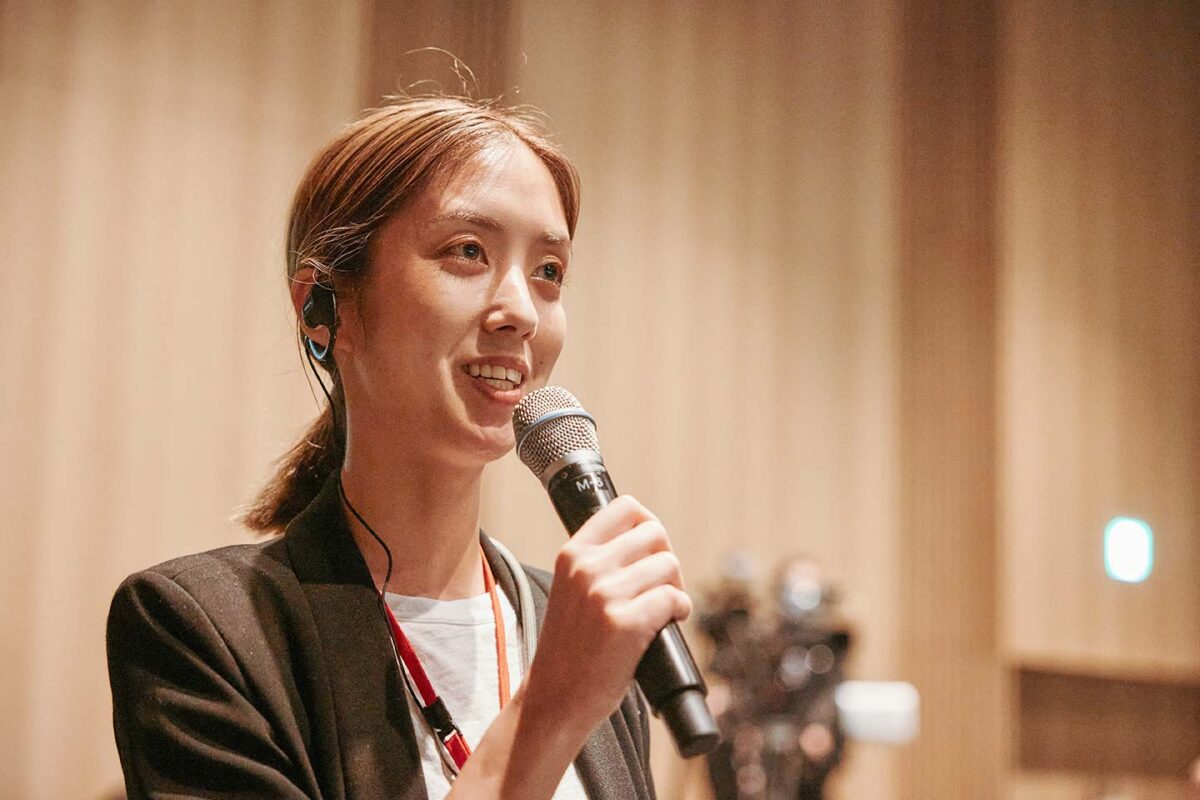
Q: My name’s Hariu from LEAVES COFFEE ROASTERS. We’ve been serving your coffees from La Mina and San Nicolas since last week.
And a lot of our customers like their sweetness. I visited Chalatenango two years ago. So those coffees meant something more personal to me. I just wanted to say, “Thank you for sending us delicious coffees.”
A: Thank you. I’m very honored. If I had heard that comment before the presentation, I wouldn’t have been nervous. I will continue to put a lot of love into every bean that we produce.
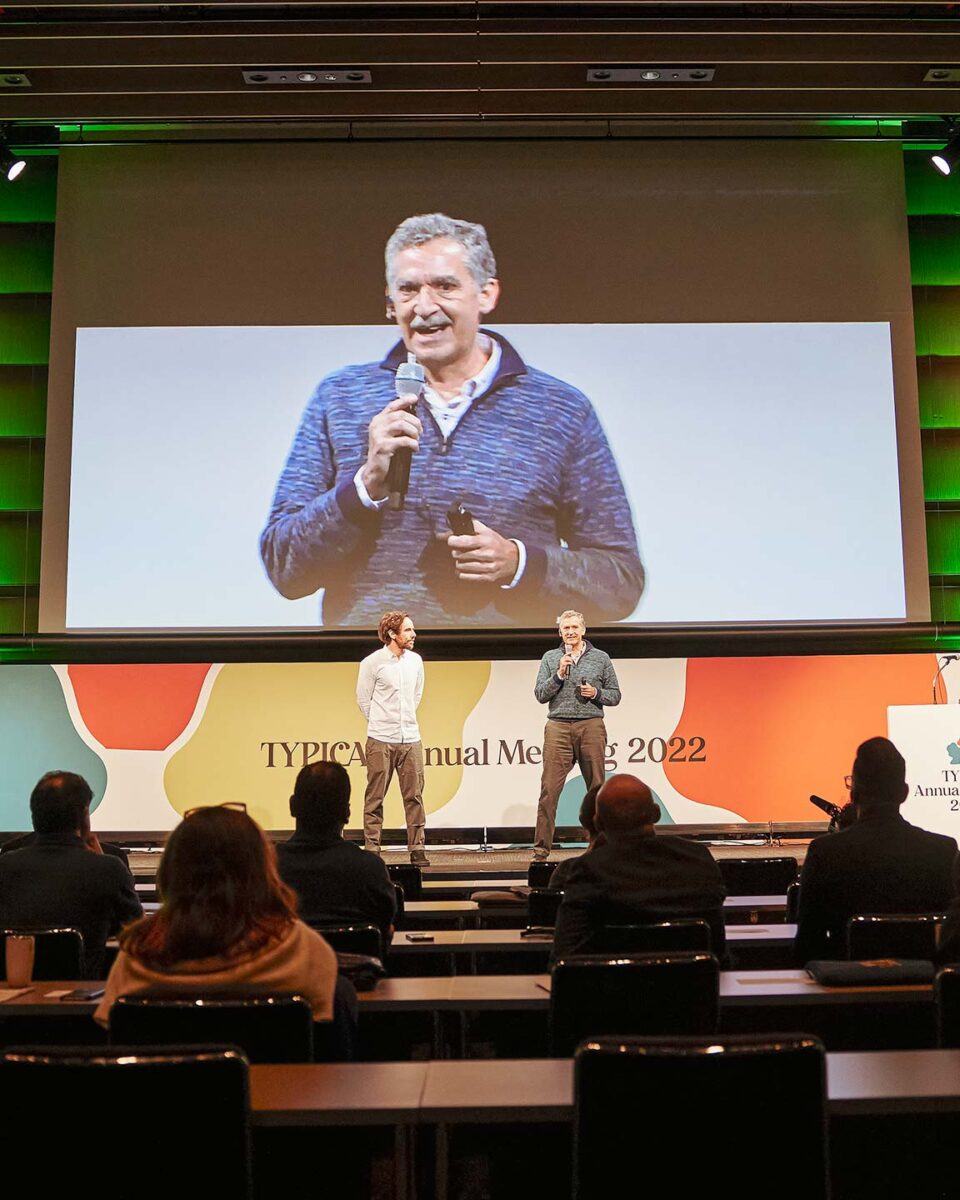
Q: Could you tell us a little more about the organic fertilizers you are producing?
A: We don’t produce organic fertilizers. Instead we’re lowering our agrochemical input to have a much friendlier coffee. But we’re not 100% organic nor are we in the certification process. The varieties that we produce are Pacas, Bourbon, Pacamara, a little bit of Geisha, a little bit of SL28, and some Typica for the next harvest.
Q: Good morning. My partner and I are producing coffee in Honduras. We are close to you, we are neighbors. You are more advanced than us in sustainable energy. Solar panels, for example. We are interested in introducing that in our farms, too, not just to counter the rising electricity prices but to gain a cleaner energy source.
After we go home, could we talk about this a little more? I’d like to know how it works. I’d like to visit you if that’s okay.
A: We can talk anytime. Let’s set up a visit during the break. We’ll welcome you at our farm. We are a very small operation. Not just the two of you, but everyone is welcome. Feel free to visit us anytime. Anyone who gets excited about our crazy project is welcome.








